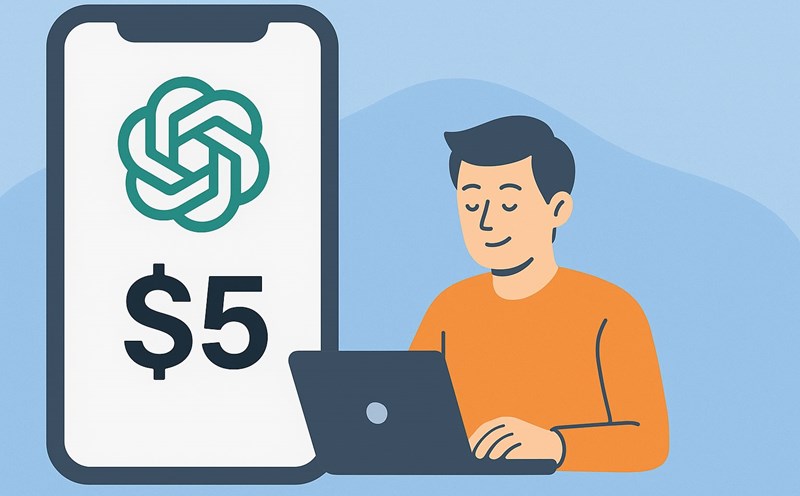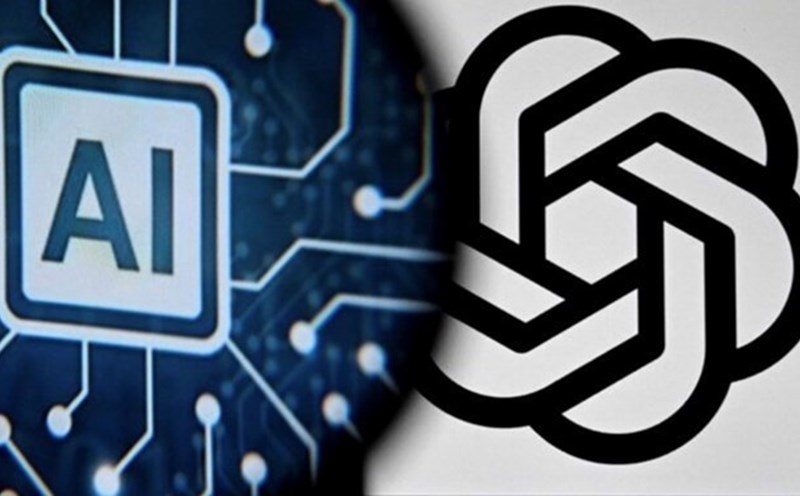A series of cases of impersonating doctors using artificial intelligence (AI) technology are on the rise globally, turning reputable healthcare experts into reluctant online sellers.
This is a new trick of scammers, taking advantage of deepfake technology to promote fake products, spread false information and make a profit from patients who trust them.
The case of Dr. Robert H. Lustig - a renowned endocrinologist and honorary professor at the University of California - is a typical example.
On Facebook, a video of him copying his voice and image to promote a weight loss product called "lyck pearl" went viral.
Dr. Lustig affirmed that he had never known about this product and only discovered the incident when reporters contacted him.
Not only Lustig, many other doctors also became victims. Dr. Gemma Newman (UK) was shocked to see his image edited to advertise vitamin B12 and high-dose beetroot, which can be harmful if used alone.
The video was so fake that it made her mother even believe it was real. In the US, Dr. Eric Topol discovered dozens of AI versions of the book he wrote being on sale on Amazon.
Meanwhile, Christopher Gardner - a nutritionist at Stanford - was turned a host for many YouTube channels, which spread false nutritional advice targeting the elderly.
According to experts, the rapid development of AI voice and image reproduction technology has made it easier than ever to produce fake content.
With just a few photos or recordings, scammers can create such a reliable copy that they can deceive even the victim's relatives.
The consequences are serious when people lose faith in real doctors, while patients are easily lured into using unverified products.
Some products even take advantage of the trend of GLP-1 treatment to launch fake capsules called Peaka, although the only approved drug is currently the injection form. This product was previously sold on Amazon, Walmart and appeared in Google search results before being removed.
Regulatory agencies such as the FDA (US), along with many advocacy groups, have warned about online health scams, but so far they have not been able to stop this wave.
Meta - Facebook's parent company - admitted that it only learned about many fake accounts after the press contacted them. TikTok and YouTube were also forced to delete some channels when they discovered violations, but the number of leftovers was very large.
According to cybersecurity researchers, this is not just a small-scale scam but a global campaign organized, targeting many different markets, from the US, Europe to Asia - Pacific.
Impersonation does not stop at doctors but also has a fake logo of a management agency attached, making the product look as if it has been legally certified.
Doctors who took advantage of the images are concerned that if this situation continues, many experts will hesitate to share medical knowledge on social networks - which inherently need reliable voices. And then, the fake AI doctor can completely overwhelm and sow dangerous advice to millions of people.











